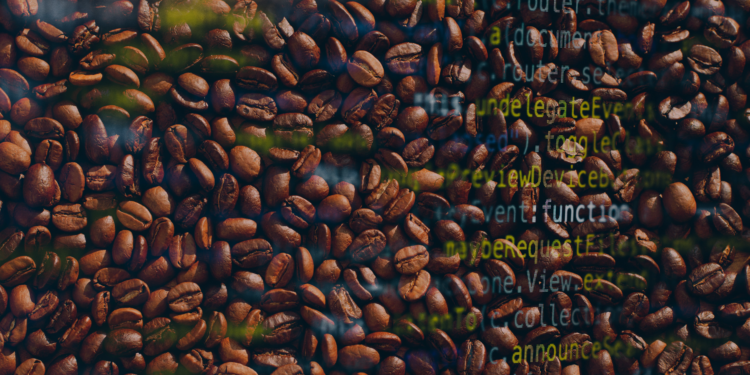AI Emerges as a Promising Frontier for Nutritional Health Innovation.
In the face of mounting environmental difficulties impacting coffee production, Nestlé is pioneering novel advancements powered by data science and artificial intelligence to cultivate climate-resilient plants.
With the shrinking availability of suitable land for robust and weather-resistant coffee plants due to climate change, Nestlé's team of plant scientists are turning to data science to discern the optimal combination of factors that will yield thriving crops.
Leveraging AI capabilities, the company analyzes a comprehensive publicly accessible digital repository comprising coffee traits such as cherry size, flavor profiles, aroma characteristics, and yield. This process enables Nestlé to embrace more sustainable coffee cultivation practices and cultivate beans that are resistant to diseases and drought.
Jeroen Dijkman, head of Nestlé's Institute of Agricultural Sciences, likened the newfound knowledge to a detailed map of a sprawling city. By deciphering the genetic markers in the Arabica genome responsible for specific attributes in fully grown plants, Nestlé's plant scientists and experts can more effectively identify, select, and breed improved varieties of Arabica coffee.
While Arabica contributes to 70% of the world's coffee production among the existing 120 species, it faces numerous challenges due to disease susceptibility and lower tolerance for heat, making successful cultivation amid water shortages and diminishing arable land a formidable task.
To address this, Nestlé collaborated with the French National Institute for Sustainable Development and academic partners as part of a global consortium to find an innovative solution. The company employed cutting-edge genomics techniques to establish a sophisticated and comprehensive reference for Arabica coffee.
This undertaking aligns with Nestlé's regenerative agriculture plan, known as Nescafé Plan 2030.
The coffee sector has experienced significant growth, outpacing both tea (+4%) and carbonated soft drinks (+3%) in terms of year-over-year servings, making it one of the fastest-growing beverage segments worldwide, as reported by Circana research.
According to Nestlé, coffee represents a substantial portion of its revenue, encompassing five growth platforms. During recent investor discussions, the company highlighted robust sales growth, particularly in powdered and liquid beverages, with high single-digit growth rates achieved in the coffee division.
Nestlé's impressive portfolio of coffee brands includes Nescafe, Nespresso, Dolce Gusto, Starbucks Coffee at Home, and Blue Bottle Coffee.








